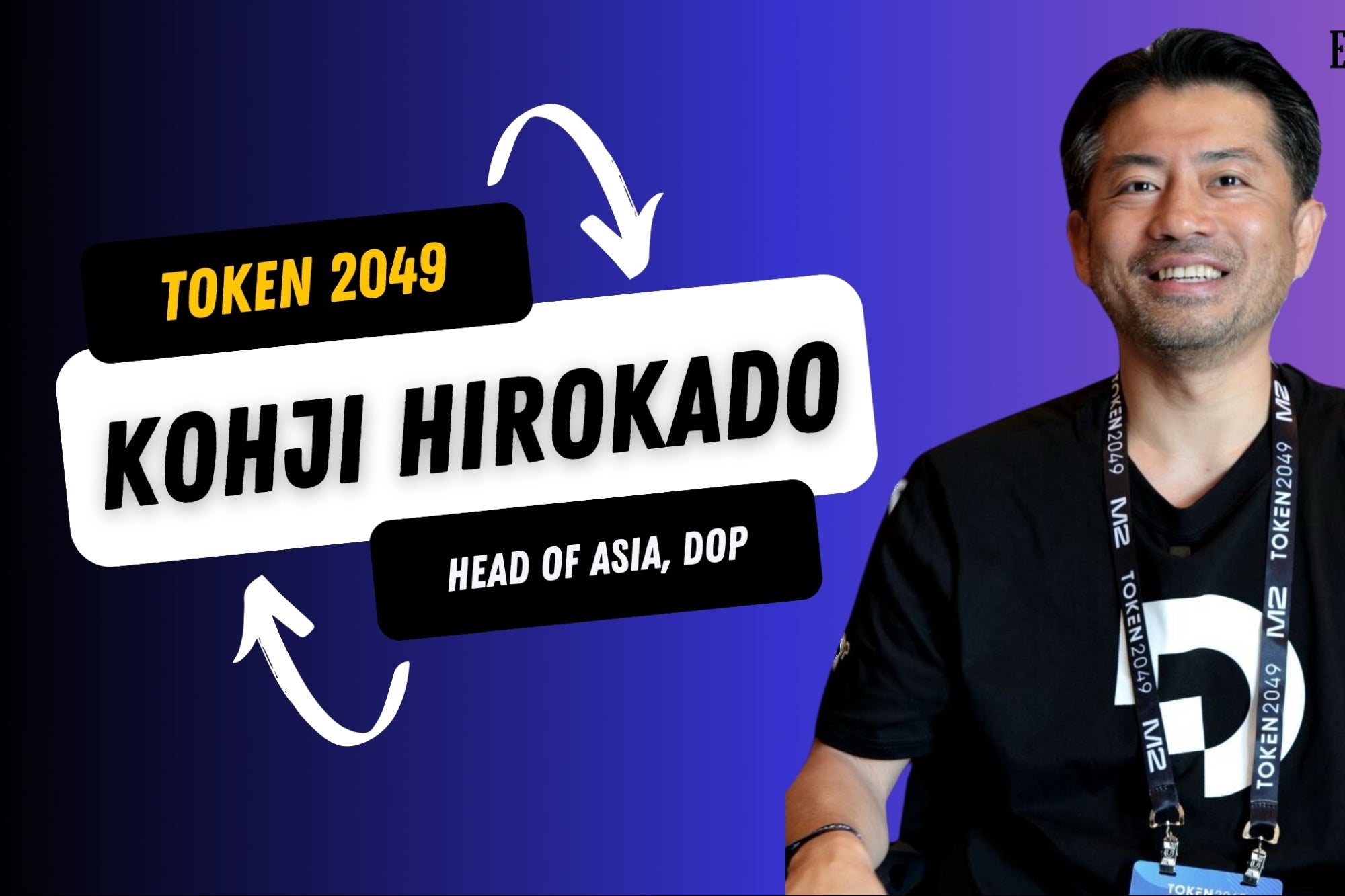To Address The MENA Region's Most Pressing Issues, Startups And Their Larger Business Counterparts Need To Come Together In a world without assistance, some of humanity's best ideas would never see the light of day. Those that can guide the next generation of innovators to success have an obligation to do so.
By Roberto Croci •
Opinions expressed by Entrepreneur contributors are their own.
You're reading Entrepreneur Middle East, an international franchise of Entrepreneur Media.

In 2019, the UAE Ministry of Economy revealed that 95% of the country's private sector were SMEs or startups. With an estimated economic contribution of 40% of GDP, these smaller enterprises employ 42% of the workforce, and they routinely bring the exact kind of innovations needed for a sustainable future.
The rest of the region, and indeed the world, tells a similar story. We now live on a planet that cries out more loudly than ever for out-of-the-box thinking. For example, the World Resources Institute tells us that one in every four humans live in a country that faces the highest category of water stress. 12 of these 17 countries are in the Middle East and North Africa, and they need ideas, fast. And across the region, governments and businesses that are just starting to extricate themselves from the clutches of the global COVID-19 pandemic are wondering what they can do to mitigate the impact of possible future crises.
Large enterprises have the economies, positioning, and scale to meet these challenges and others, but they may lack the conceptual spark found in entrepreneurs and their newly formed businesses. While startups will continue to be an important part of all economies, the impact they can make will be greatly amplified by strategic partnerships with bigger businesses.
It is the ideal meeting of minds. Smaller businesses are traditionally where we look for job creation and bold ideas, but larger businesses have been around long enough to have better understandings of issues such as market strategy, best practice, and compliance. Where startups may face difficulties finding financial backing, technology, or mentorship, larger players can help– if not directly, then by putting founders in touch with the right people.
In return, B2B startups can help large corporates to extend their capabilities. Together, businesses of different scales can solve societal and commercial challenges. This potential is not exclusive to an individual industry, nor is it confined to a specific nation. Communities everywhere can share in the progress and sustainability delivered by large and small businesses working together.
But to create such an environment will require input from all parties– government entities, private enterprises, and startups. We need to ensure self-perpetuating environments that allow businesses to fail, learn, create, and then scale. Any incubation initiative –either by government or private enterprise– that accelerates time to market is welcome. We need to create a system that guarantees the success not just of this generation of viable startups, but of all those that come after.
In the region, the Abu Dhabi Investment Office (ADIO) is one entity that has dedicated itself to working with corporate partners to foment a vibrant startup ecosystem. My enterprise, Microsoft for Startups, works with ADIO to bridge the gap between viable new businesses and those that can help them succeed. With programs like GrowthX Accelerator and Highway to 100 Unicorns, we work to empower entrepreneurs with access to technology, market guidance, and meet with potential investors and large enterprises to demonstrate their value proposition.
Opportunities like this are important for startups and corporates. In a world without assistance, some of humanity's best ideas would never see the light of day. Those that can guide the next generation of innovators to success have an obligation to do so. And as they do, they should be aware that when large- and small-scale operators work together, everybody wins.












